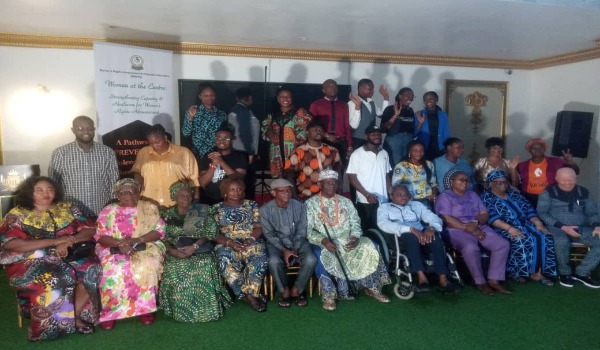Ferminist group frowns at women’s underrepresentation in politics, other critical sectors; sexual, gender-based violence
Nigeria’s female population, estimated at over 108 million, faces significant hardship, with poverty rate around 69 percent. Women, particularly those in remote or underrepresented areas, bore the brunt of these challenges according to the Women’s Rights Advancement and Protection Alternative (WRAPA).
During a one-day strategic dialogue in Calabar aimed at bolstering women’s capabilities and resilience, WRAPA highlighted that Nigerian women have been historically marginalized across various sectors. This marginalization is especially pronounced in political representation, where policies affecting their lives and livelihoods are made without their inputs.
Beyond political underrepresentation, WRAPA identified other critical issues faced by women in Nigeria, including sexual and gender-based violence, harmful cultural practices, limited access to quality education, as well as economic discrimination, all contributing to gender inequalities.
Mrs. Ekanam Bassey, WRAPA’s Coordinator for Cross River State and the South-South region explained that the dialogue’s purpose was to foster constructive thinking and transparent engagement among stakeholders, including media, civic society, traditional institutions, churches, women’s group, and lawyers.
“The organization engages effectively with faith and cultural constituencies, enhancing the legitimacy, scope, and sustainability of its interventions. It provides direct legal case management, economic empowerment, and skills training,” she stated.
Chief Friday Robinson Inyang, a traditional leader and advocate against gender-based violence, emphasized the need for more education on the subject, noting that any form of non-consensual contact with women is illegal.
“I have seen cases of minor rape brought to court, highlighting the prevalence of such issues in our society. The way to combat this is through continuous education and sensitization. Consent cannot be obtained from anyone under 18, so touching a woman without her consent is illegal,” he warned.
The dialogue embodied group discussions, solution-seeking strategies, and contributions from participants, including physically challenged persons, aimed at addressing identified issues.
By: Archibong Emmanuel
(Snr. Reporter)




